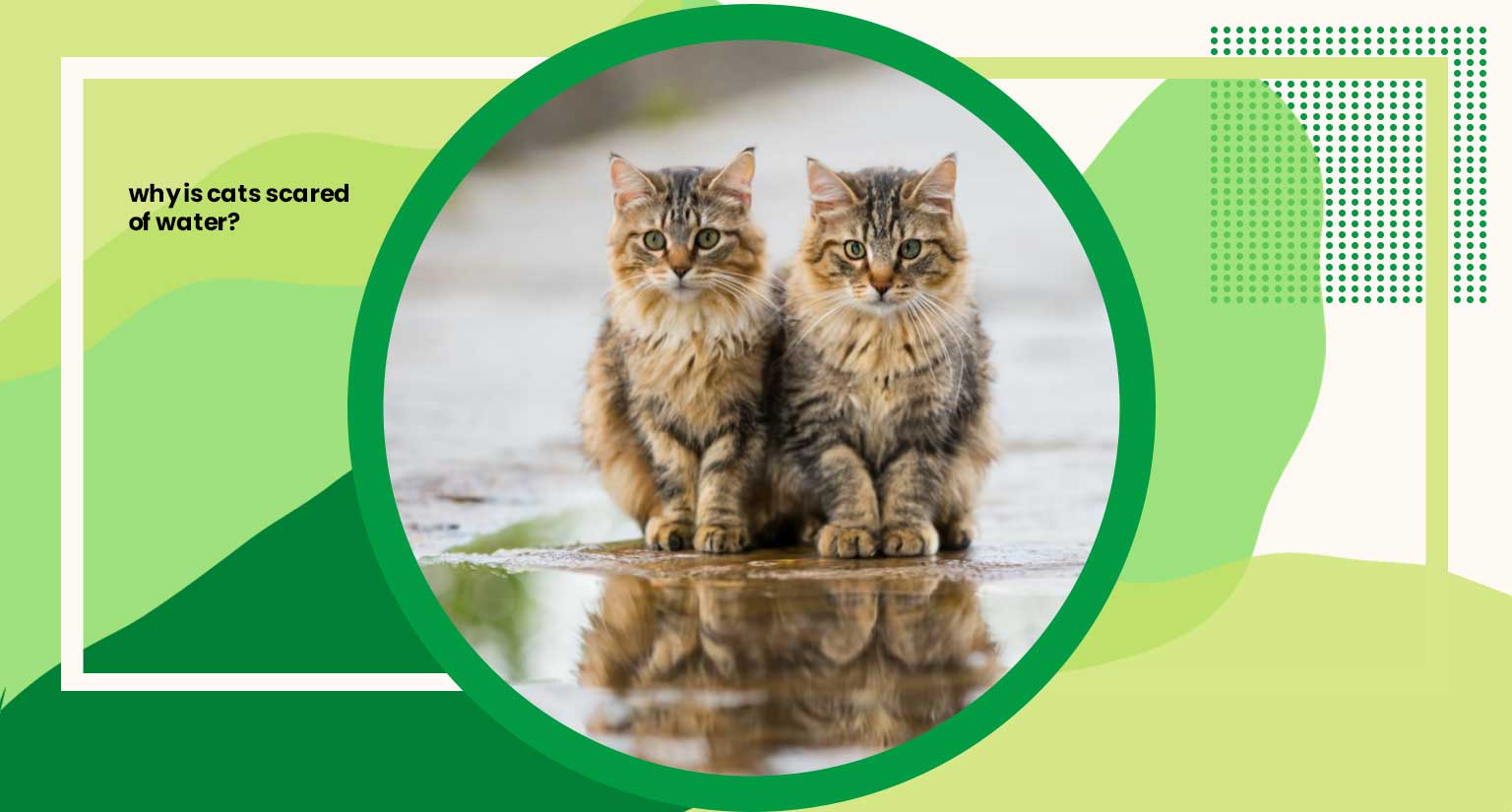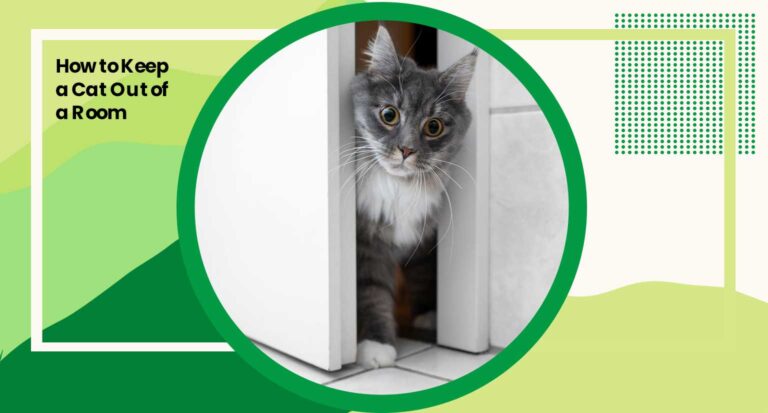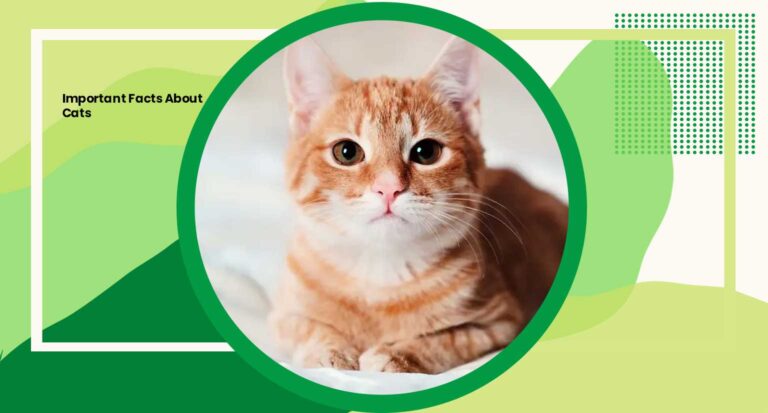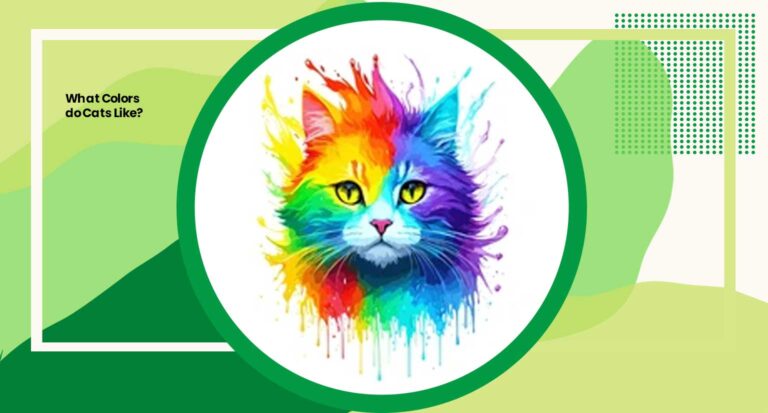why is cats scared of water? 5 Reasons Behind Their Aquaphobia
Cats are renowned for their mysterious behaviors and one of the most prevalent enigmas is their fear of water. Understanding the root cause behind this aversion can shed light on the intricate nature of our feline friends.
Their evolutionary history and instinctual responses reveals intriguing insights into why cats display such apprehension when confronted with water. The underlying reasons behind this common feline phobia and unravel the mysteries of why is cats scared of water?.
10 Reasons Your Cat Hates Water
Evolutionary Instincts
Cats, as descendants of desert dwelling ancestors, have a natural aversion to water. Their ancestors didn’t encounter water frequently, so they didn’t develop the ability to swim or enjoy being wet.
Sensitivity to Temperature
Cats are highly sensitive to changes in temperature and water can feel uncomfortably cold to them, especially if it’s not at body temperature.
Disruption of Natural Oils
Cats meticulously groom themselves to maintain their fur’s natural oils, which help repel water and keep their skin moisturized. Immersion in water disrupts this delicate balance, leading to discomfort.
Lack of Control
Cats are creatures of control and independence. Being submerged in water removes their ability to control their movements, causing stress and anxiety.
Negative Experiences
Many cats have had negative encounters with water, such as accidental falls into water bowls or traumatic bathing experiences, leading to a lasting fear and aversion.
Disruption of Scent Markings
Cats use scent to mark their territory and establish familiarity in their environment. Water washes away these scent markings, causing insecurity and distress.
Enhanced Vulnerability
In the wild, being wet can make cats more vulnerable to predators. This instinctual fear of vulnerability persists in domestic cats, contributing to their aversion to water.
Unnatural Sensation
Water creates an unnatural sensation for cats, who prefer dry environments. The feeling of wet fur against their skin is unfamiliar and unsettling.
Lack of Swim Reflex
Unlike some other animals, cats don’t have a natural swim reflex. They aren’t instinctively equipped to navigate through water, which adds to their discomfort and fear.
Individual Personality Traits
Just like humans, cats have unique personalities and preferences. While some may tolerate water more than others, many cats simply dislike the sensation and experience of being wet.
Tips For Bathing A Cat
Preparation is Key
Before bathing your cat, gather all necessary supplies, including cat friendly shampoo, towels and a non slip mat for the bathing area. Place these items within reach to minimize stress and interruptions during the process.
Trim Nails
Trim your cat’s nails prior to bathing to reduce the risk of scratches. Shorter nails also minimize discomfort for both you and your cat during the bathing process.
Choose the Right Time
Select a time when your cat is relaxed and calm for bathing. Avoid bathing during meal times or when your cat is agitated or playful.
Gradual Introduction to Water
Introduce your cat to water gradually by allowing them to explore the bathtub or sink beforehand. Offer treats and positive reinforcement to create a positive association with the bathing area.
Use Lukewarm Water
Fill the bathtub or sink with lukewarm water to a level that is comfortable for your cat. Avoid hot water, as it can scald your cat’s sensitive skin.
Wetting the Fur
Gently wet your cat’s fur using a handheld sprayer or a cup, starting from the back of the neck and working your way down. Avoid spraying water directly into your cat’s face, ears or eyes.
Apply Cat Friendly Shampoo
Use a small amount of cat specific shampoo and lather it gently into your cat’s fur, focusing on areas that are particularly dirty or oily. Be careful to avoid the face and ears.
Rinse Thoroughly
Rinse your cat’s fur thoroughly with lukewarm water, ensuring all traces of shampoo are removed. Residual shampoo can cause skin irritation and discomfort.
Towel Dry
Wrap your cat in a soft, absorbent towel and gently pat dry. Avoid rubbing vigorously, as this can cause tangles and discomfort. Use multiple towels if necessary to ensure thorough drying.
Reward and Reassure
After bathing, reward your cat with treats and praise to reinforce positive behavior. Offer comfort and reassurance throughout the process to build trust and reduce anxiety for future baths.
Consider Professional Grooming
If bathing your cat at home proves challenging, consider seeking professional grooming services. Professional groomers have experience handling anxious cats and can ensure a safe and stress free bathing experience.
Risks Of Cats Being Scared Of Water
Limited Hygiene Practices
Cats who are scared of water may resist bathing, which can lead to poor hygiene and potential health issues. Without regular grooming, cats may develop mats, skin infections and parasite infestations.
Increased Stress and Anxiety
For cats with a fear of water, the prospect of encountering it can induce significant stress and anxiety. This chronic fear can negatively impact their overall well being and quality of life.
Incomplete Grooming
Cats rely on grooming to remove dirt, debris and loose fur from their coats. Fear of water may prevent cats from completing this essential grooming routine, resulting in a dull, unkempt appearance and potential skin problems.
Limited Access to Water
Water is essential for hydration and overall health. Cats who avoid water may consume less water than necessary, putting them at risk of dehydration and related health complications.
Increased Susceptibility to Skin Issues
Without regular bathing and grooming, cats may develop skin issues such as dermatitis, fungal infections and hot spots. Accumulated dirt, oils and debris can irritate the skin and create an ideal environment for bacterial and fungal growth.
Difficulty in Emergency Situations
In emergency situations where immediate bathing or cleaning is required, a cat’s fear of water can pose significant challenges. Handling injuries, removing toxins or addressing accidents may become more complicated and stressful for both the cat and the owner.
Conclusion
In conclusion, the enigma of why cats are scared of water lies in a complex interplay of evolutionary instincts, sensory discomfort and negative experiences. Understanding these factors unveils the depth of this feline phobia, emphasizing the importance of gentle approaches and positive reinforcement.
While each cat is unique, acknowledging and respecting their aversion can foster a more harmonious relationship between feline companions and their owners. Overcoming the fear involves patience, gradual exposure and creating a stress free bathing environment. By addressing the root causes, we can navigate the waters of feline anxiety with compassion and empathy.







